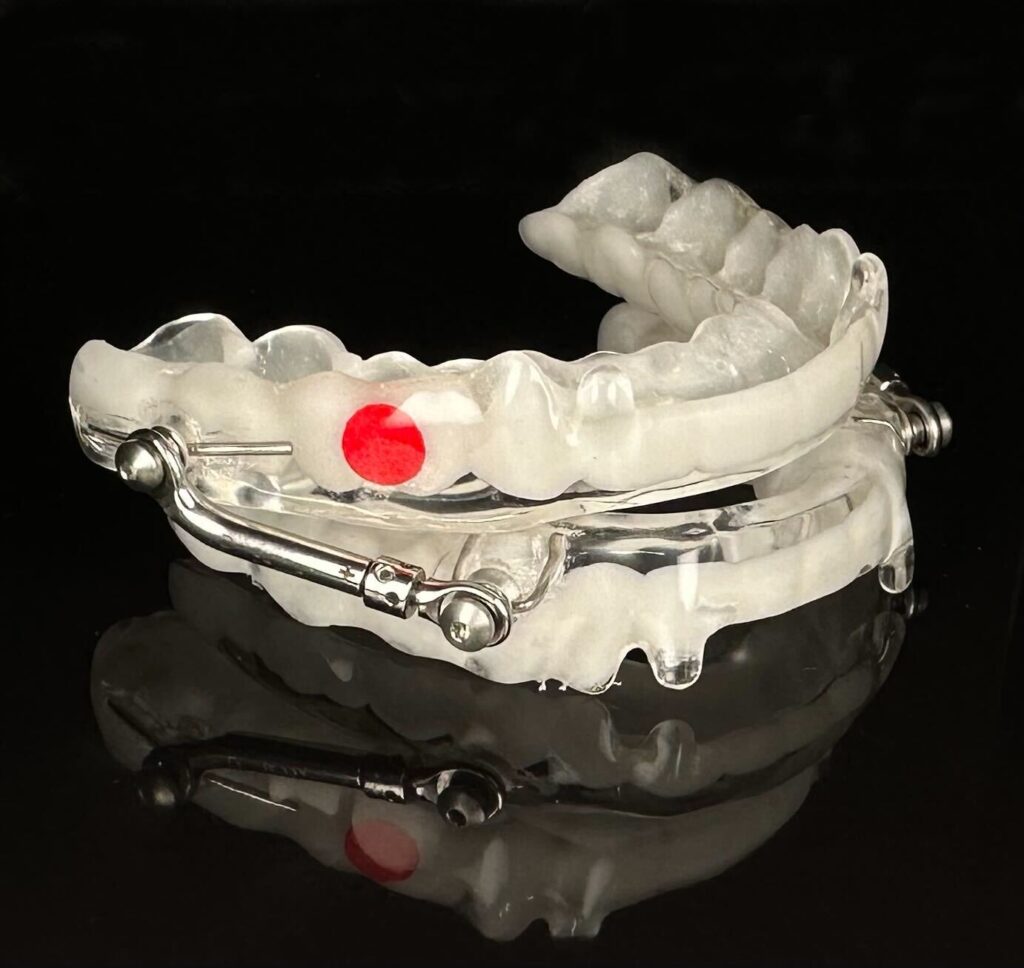If you suffer from both sleep apnea and acid reflux, you’re not alone. Many people experience these conditions together, and understanding their connection is important for finding the right treatment. Dr. Luke Bauserman of Better Sleep MOV has provided valuable insights on how sleep apnea can contribute to acid reflux and what can be done to manage both conditions effectively. In this article, we will explore how these conditions are linked, the symptoms to look out for, and alternative treatment options, including oral appliance therapy.
How Are Sleep Apnea and Acid Reflux Related?
To understand the link between sleep apnea and acid reflux, it helps to know how each condition works. Sleep apnea occurs when the airway becomes partially or fully blocked during sleep, making it difficult to breathe. This obstruction causes frequent pauses in breathing, leading to poor sleep quality and oxygen deprivation.

Acid reflux, also known as gastroesophageal reflux disease (GERD), happens when stomach acid flows back into the esophagus. Normally, a muscle called the lower esophageal sphincter (LES) keeps stomach acid from traveling upward. However, when this muscle weakens or relaxes at the wrong time, acid can escape, causing irritation and discomfort.
Dr. Bauserman explains that sleep apnea can make acid reflux worse due to the way the body responds to breathing difficulties. When the airway is blocked, the body exerts extra effort to pull in air, creating a vacuum-like effect in the chest. This negative pressure can actually suck stomach acid up into the esophagus, leading to acid reflux symptoms.
Symptoms of Acid Reflux and Sleep Apnea
Many people don’t realize that their acid reflux symptoms may be linked to their sleep apnea. Some signs that you may be experiencing both conditions include:
- Frequent heartburn, especially at night
- A sour or bitter taste in your mouth
- Chronic coughing, particularly in the morning
- The feeling of something stuck in your throat
- Waking up gasping for air
- Loud snoring
- Daytime fatigue and trouble concentrating
If you wake up with a sore throat or notice that your acid reflux symptoms are worse in the morning, it could be a sign that your sleep apnea is contributing to your reflux.
Can Treating Sleep Apnea Help Reduce Acid Reflux?
Yes, treating sleep apnea can help reduce acid reflux. Since sleep apnea contributes to the pressure changes in the chest that lead to acid reflux, managing sleep apnea can reduce the frequency and severity of reflux episodes. This can lead to better sleep quality and improved overall health.
There are several treatment options available for sleep apnea, including CPAP (Continuous Positive Airway Pressure) machines, lifestyle changes, and oral appliance therapy.
The Role of Oral Appliance Therapy in Treating Sleep Apnea
For many people, the idea of using a CPAP machine can be overwhelming. While CPAP is a common treatment for sleep apnea, it is not the only option. Oral appliance therapy offers an alternative for those who qualify.

Oral appliances are custom-fitted devices that help keep the airway open during sleep. These devices work by repositioning the jaw to prevent the airway from collapsing. As Dr. Bauserman explains, keeping the airway open can not only reduce sleep apnea symptoms but also prevent the vacuum effect that pulls stomach acid into the esophagus.
Compared to CPAP machines, oral appliances are:
- More comfortable to wear
- Easier to travel with
- Quieter and less intrusive
For patients who struggle with CPAP therapy, an oral appliance may provide an effective and more comfortable alternative.
Additional Tips for Managing Sleep Apnea and Acid Reflux
In addition to using an oral appliance or CPAP machine, there are lifestyle changes that can help reduce the impact of both conditions:
1. Sleep Position Matters
Sleeping on your back can make sleep apnea and acid reflux worse. Try sleeping on your side to keep the airway open and reduce acid reflux.
2. Avoid Large Meals Before Bed
Eating a big meal before lying down can increase the likelihood of acid reflux. Try to finish eating at least three hours before bedtime.
3. Maintain a Healthy Weight
Excess weight can contribute to both sleep apnea and acid reflux. Losing even a small amount of weight can make a big difference in reducing symptoms.
4. Limit Caffeine and Alcohol
Both caffeine and alcohol can relax the muscles that keep your airway and esophagus functioning properly. Reducing your intake, especially before bed, can help.
5. Elevate Your Head While Sleeping
Raising the head of your bed by a few inches can help keep stomach acid from traveling up into the esophagus.
Conclusion
Sleep apnea and acid reflux are closely linked, and managing one condition can help alleviate the other. If you suffer from both, it’s important to seek treatment to improve your sleep quality and overall health. Dr. Luke Bauserman emphasizes that oral appliance therapy can be an effective alternative to CPAP for patients who qualify. By exploring different treatment options and making small lifestyle changes, you can reduce symptoms and get the restful sleep you deserve.
Take Our Free Online Sleep Quiz
If you often wake up feeling tired, experience frequent heartburn at night, or struggle with loud snoring, you may be suffering from sleep apnea. The good news is that there’s an easy way to find out if you’re at risk. Take our free online sleep quiz to see if you might have sleep apnea and whether you could be a candidate for oral appliance therapy—a comfortable and effective alternative to CPAP machines. If your results indicate a potential issue, don’t wait to take action. Contact Dr. Luke Bauserman at Better Sleep MOV to discuss your options and start your journey toward better sleep and improved health today!

